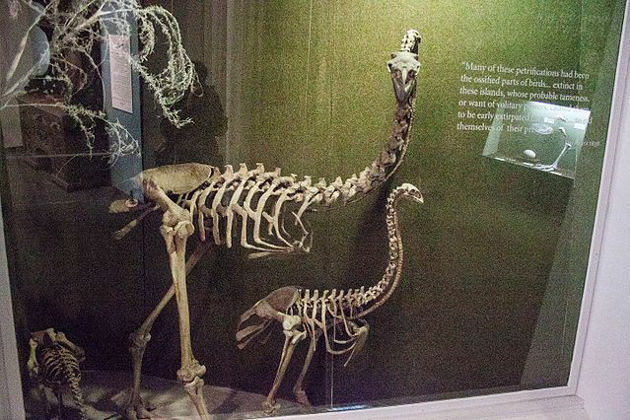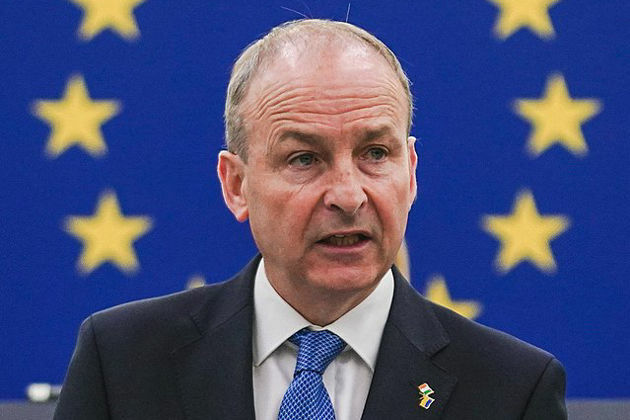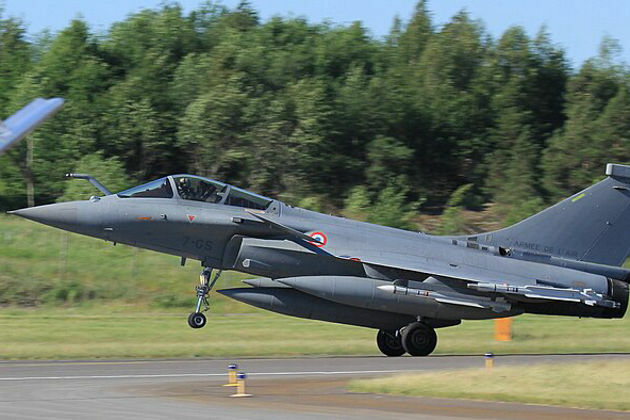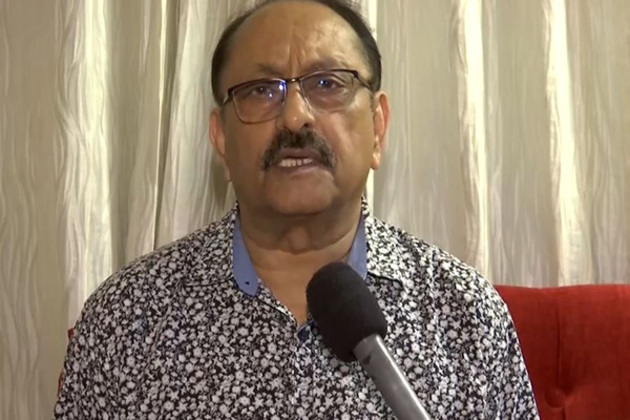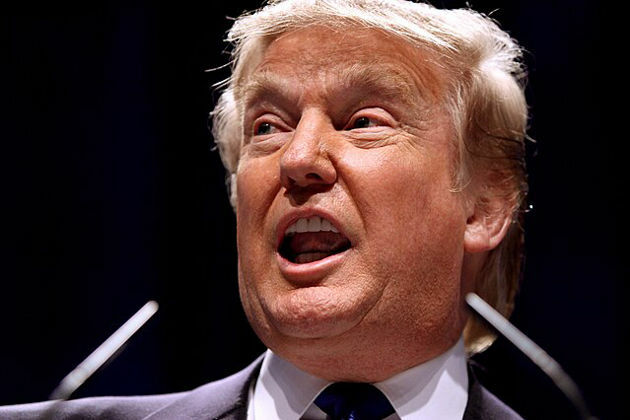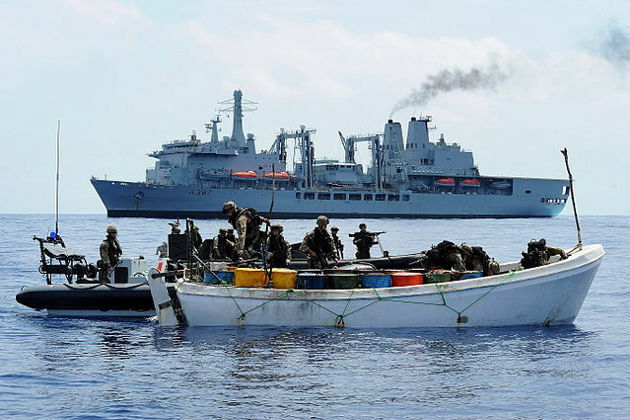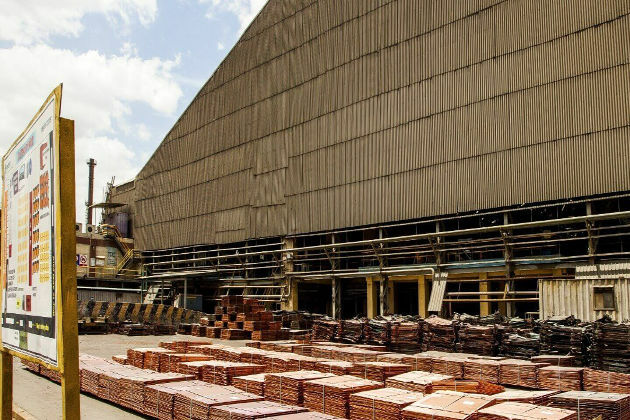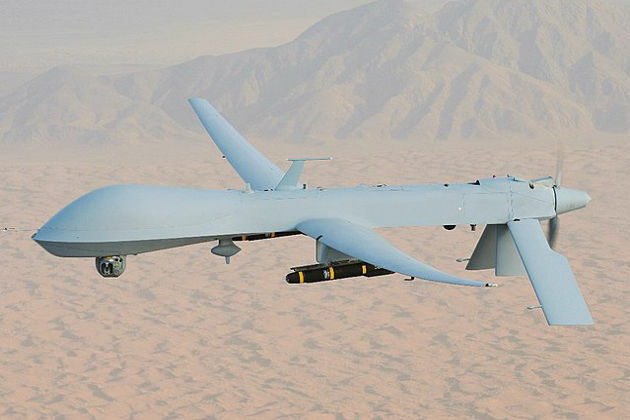Risk outweighs rewards for Indian business venturing into Myanmar?
ANI
16 Jul 2019, 16:57 GMT+10
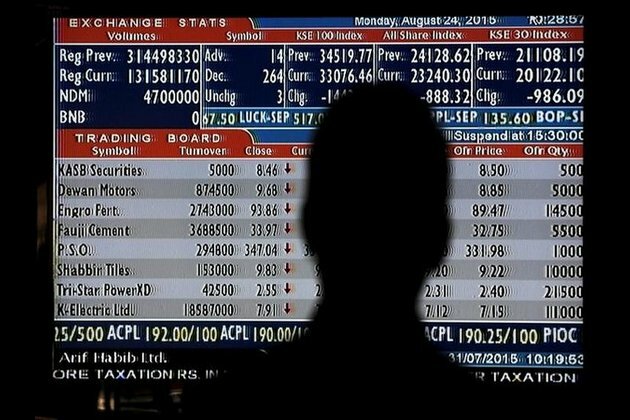
By Lee Kah WhyeSingapore, July 16 (ANI): The saying goes that "fortune favours the brave".
If you had bought a USD 1,000 worth of IPO shares in a "fruit" company in 1980, your Apple Inc. shares would be worth a cool USD 517,000 today.
Taking a more recent example, if you had invested USD 1,000 in a web crawler developed by a Russian immigrant and the son of a Michigan professor when it went IPO in 2004, based on the last closing price of Alphabet Inc., you would be about 26 times richer.
The same applies to pioneers in frontier markets where the risk are high. These are markets that are newly opened, and also apply to countries which are undergoing political and economic reform and just beginning to politically stabilise.
Myanmar is such a market.
In a report published in June 2018, global risk information firm IHS Markit rates Myanmar as a "high risk" country to do business with operational risk rated as "very high".
After almost five decades of military rule and following a failed attempt at the democratic process in 1990, a limited general election was held in 2010 which was won by the military-backed Union Solidarity and Development Party. Although widely seen by observers as a biased election, it was peaceful and a step in the right direction towards the country's goal of economic progress and re-engagement with the rest of the world.
Tough sanctions imposed by the rest of the world while it was ruled by the military junta had left Myanmar isolated and impoverished.
The EU finally lifted its sanctions in April 2013 when it saw that significant progress was made in the democratisation process. The US lifted its sanctions in October 2016 after the first openly contested elections since 1990 was won by democracy icon Aung Yang Suu Kyi's National League for Democracy (NLD) party in March 2016.
Although on the surface, Myanmar is ruled by a democratically elected civilian government, the constitution which was drafted by the military still gives it a powerful say in the government. It holds 25 per cent of parliamentary seats, can veto constitutional changes, holds key cabinet positions related to defence, home affairs and border security, is the final arbiter with regards to key government appointments and has control of the National Defence and Security Council which can declare the imposition of emergency rule and then govern. The NLD has to maintain an amicable working relationship with the military and delicately balance the speed at which it implements its progressive agenda with what the military will allow. Otherwise, they risk turning over governing of the country back to the military.
It's unlikely that the military will fully disengage from governing the country in the foreseeable future.
Having an ambitious economic transformation programme for an inexperienced government is not good enough if the execution is lacking. It took four months after taking office in April 2016 to come up with a draft of their general 12-point economic policy in July 2016.
While Myanmar's government desire to seek more private investment across many sectors, its lack of governing experience is delaying policy implementation. Policy formulation and implementation continue to be slow or piecemeal and often lacks detail. For example, bylaws and guidelines for the new Company Law took almost ayear to finalised. In the meantime, businesses and government officials were left waiting for a practical interpretation of regulations to be clarified.
Besides issues of governance, there's an on-going fight for territorial control by ethnic minorities particularly in the Shan and Kachin states. The fighting not only displaces civilians but also causes disruption to infrastructure development and transportation. There is also the widely publicised fighting in the Rakhine State and alleged human right abuses by the military.
In addition, as is the case for emerging economies, there are problems with inadequate infrastructure and communications, lack of a proper banking and financial system, shortage of skilled labour and corruption.
So why is Myanmar so attractive to investors?Myanmar has been described as the last frontier economy in Asia. It has a population closing in on 60 million which is higher than that of Spain, South Korea and Argentina, the majority of which are young. It is rich in natural resources. Labour is inexpensive. Some say it could be the next big manufacturing hub for the world. Economic growth is averaging 7.5 per cent for the past five years and expected to grow at a pace of 7 per cent in the medium term.
With the government planning to privatise government companies and promoting the agriculture industry, infrastructure development and manufacturing, there are opportunities for many businesses.
China is by far the largest trading partner of Myanmar with a total of over USD 11 billion of goods and services traded. This is followed by Singapore, Thailand, Japan, India and Malaysia. India is also the 11th largest investor in Myanmar.
Besides, oil and gas, the main goods exported are minerals, fresh and processed food, clothing and wood products. Myanmar's largest imports are building materials, vehicles of which motorcycles are the most significant, farm equipment, chemicals and minerals.
Myanmar and India are not only connected by a 1,600-kilometre border but also linked by history. Burma, the colonial name for Myanmar, was a province of British India and only separated in 1937.
Just recently, a 20-member business team headed by Assam's Minister of Commerce and Industry, Chandra Mohan Patowary from the Indian state of Assam visited Yangon to explore business opportunities and cooperation with various business organisations in Myanmar.Patowary said that oil and gas, health, education, tourism and manufacturing are among the most promising sectors for bilateral ventures.
He was further quoted by Myanmar's Eleven Media as saying that business opportunities will arise once air and road transportation between the two countries improve and this is something both should be striving for. He added that the Assam government would facilitate cooperation between Indian and Myanmar businesses.
Following up to this visit will be a business delegation organised by the India-Myanmar Chamber of Commerce in August. With many uncertainties, any investments in Myanmar will take time to develop and grow. It will, however, reward those with patience and a long-term view. (ANI) Share
Share
 Tweet
Tweet
 Share
Share
 Flip
Flip
 Email
Email
Watch latest videos
Subscribe and Follow
Get a daily dose of Colorado Star news through our daily email, its complimentary and keeps you fully up to date with world and business news as well.
News RELEASES
Publish news of your business, community or sports group, personnel appointments, major event and more by submitting a news release to Colorado Star.
More InformationInternational Business
SectionFilmmaker joins biotech effort to bring back extinct giant bird
WASHINGTON, D.C.: Filmmaker Peter Jackson's lifelong fascination with the extinct giant New Zealand flightless bird called the moa...
PwC: Copper shortages may disrupt 32 percent of chip output by 2035
AMSTERDAM, Netherlands: Some 32 percent of global semiconductor production could face climate change-related copper supply disruptions...
Ireland’s PM ‘hopeful’ of EU-US tariff deal before July 9 deadline
DUBLIN, Ireland: Taoiseach Micheál Martin has expressed cautious optimism that the European Union and the United States can strike...
FedEx, UPS step up as Canada Post loses market share in strikes
OTTAWA, Canada: With Canada Post struggling to maintain operations amid labour unrest, rivals like FedEx and UPS are stepping in to...
Beijing blamed for covert disinformation on French fighter jet Rafale
PARIS, France: French military and intelligence officials have accused China of orchestrating a covert campaign to damage the reputation...
"Fuel switches moved without input, points to possible glitch": Federation of Indian Pilots Chief on AI171 crash report
Mumbai (Maharashtra) [India], July 13 (ANI): President of the Federation of Indian Pilots, Charanvir Singh Randhawa, on Sunday raised...
US
SectionWK Kellogg sold to Ferrero as food giants chase shelf power
BATTLE CREEK, Michigan: In a major consolidation of iconic food brands, WK Kellogg has agreed to be acquired by the owner of Ferrero...
New Hampshire federal court ruling defies Trump’s citizenship move
CONCORD, New Hampshire: A federal judge in New Hampshire issued a crucial ruling on July 10 against President Donald Trump's executive...
Filmmaker joins biotech effort to bring back extinct giant bird
WASHINGTON, D.C.: Filmmaker Peter Jackson's lifelong fascination with the extinct giant New Zealand flightless bird called the moa...
Houthis attack cargo ship in Red Sea, raising maritime safety fears
DUBAI, U.A.E.: A cargo ship flagged under Liberia, known as the Eternity C, sank in the Red Sea following an attack executed by Yemen's...
India seeks WTO nod for retaliatory tariffs on US
NEW DELHI, India: India has submitted a revised proposal to the World Trade Organization (WTO) in Geneva to implement retaliatory tariffs...
Trump administration restarts Ukraine arms deliveries
WASHINGTON, D.C.: The Trump administration has started sending some weapons to Ukraine again, just a week after the Pentagon told officials...

